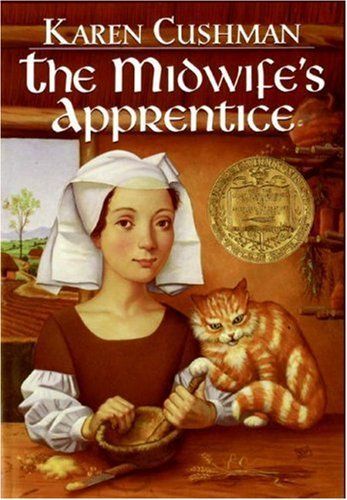
Reviews
blue@bluelien
Callie Anna@callieanna
Meredith Rose@meredithrose
Darcy Lambert@mokehil
sky na@otterwott
Margaret Stacy@margaretstacy
death nurse@deathnurse
lh@celosia
Ivy X@poisonivayy
Tayla @whattaylasreading
renee badenoch@restingbookface
Julia M@archionblu
Connor @cgbart
Tracie McMurray@mrs_mcmurray
Kayla Walters@kaylaadriannanl
Ashlyn@demonxore
Maggie Gordon@maggieg
Brittany Ryers-Hindbaugh@brhindbaughesq
Cassidy@craftycataloger
Bee @izziewithay
Marlee@marleedarling
Amanda Gilson@dinkycrow
Shelby Goodwin@literaryfaery
Johanna Kenrick@jmkenrick
Highlights
blue@bluelien
Page 73
blue@bluelien
Page 72
blue@bluelien
blue@bluelien
blue@bluelien
blue@bluelien
Page 54
blue@bluelien